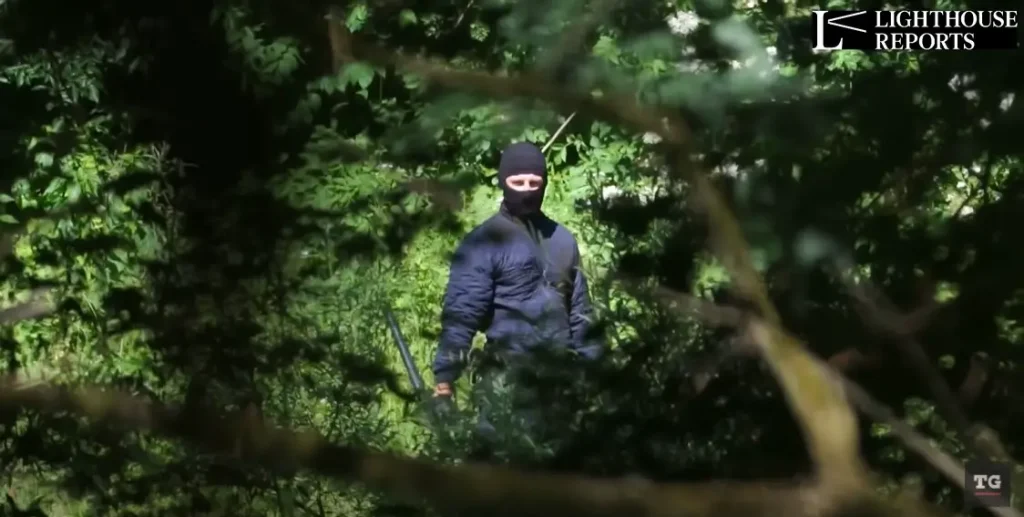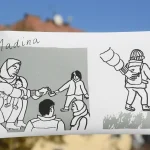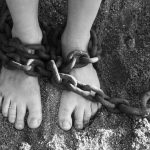“World Refugee Day is a reminder that we can make this society more open, more solidary and more inclusive,” Kekuš told a news conference outside the government and parliament buildings.
She noted that state policies towards refugees should be solidary but were currently not and were actually full of violence and violations of human rights, including those of children as the most vulnerable group.
Ahead of a free screening of the documentary “Shadow Game”, to be staged by the CMS at Zagreb’s Tuškanac cinema on Monday evening, Kekuš introduced the film’s protagonists – Sajid Khan from Afghanistan and Jano from Syrian Kurdistan, who experienced pushbacks on Croatia’s border as unaccompanied minors.
Please treat all people, including children, equally, said Khan, who at the age of 15 found himself in a situation in which he had to cross the green border, walk through the woods and climb mountains and encounter Croatian police.
The film’s director, Eefje Blankevoort, said that it was time to stop and look at what was happening not only on Croatia’s but also on Europe’s borders.
She said that while making the movie she spoke to many refugees who had experienced violence and violent pushbacks on European and Croatian borders.
A boy in the film, Mustafa, was pushed back 50 times and tortured on the border. Croatian police officers, 14 of them, tortured him, broke his arm and used a taser on him, she said.
As part of events marking World Refugee Day, the CMS and the Stress and Trauma Rehabilitation Centre will hold a panel discussion on unaccompanied children in Croatia at the KIC venue in Zagreb’s Preradovićeva Street at 5 pm Monday.
For more, check out our politics section.











